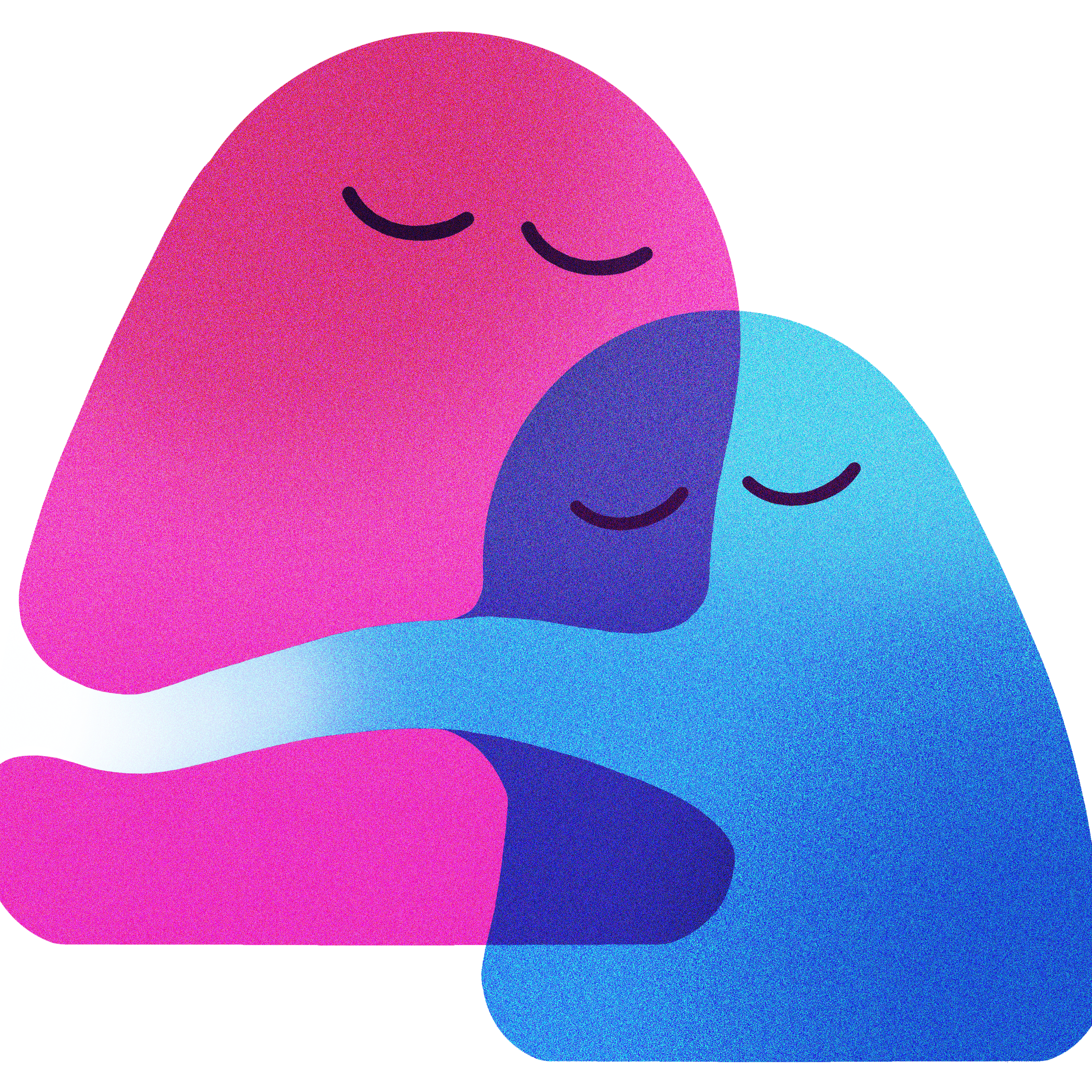Music has been used since the beginning of time to communicate and express feelings. Music therapy unites the fields of music and therapy to provide a creative treatment and medium. More specifically, music therapy combines music modalities with humanistic, psychodynamic, behavioral and biomedical approaches to help clients attain therapeutic goals. These goals can be mental, physical, emotional, social, and/or spiritual in nature. Problems or needs are addressed both through the therapeutic relationship between the client and music therapist, as well as approached directly through the music itself.
Scholars contend that the idea of using music as an adjunct to medical treatment developed in the late 18th century. Later documented uses of music as therapy can also be found following World War I. The popular press from time to time reported “miracle cures” which were believed to have resulted from “reaching” patients through music when they responded to nothing else. Research in music therapy developed in veterans’ hospitals during the Second World War. Because there were so many patients the “talking cure” was impractical but music therapy found a place. Many studies were done on the physiological changes that music had on such variables as mood, blood pressure, breathing, and pulse rate.
Music therapists continue to make research a strong component of their work. The effects of music therapy with a variety of people with broad ranges of special needs have been studied. These include individuals with traumatic brain injury, substance abuse, psychiatric disorders, special education needs, physical and mental disabilities, and Alzheimer’s disease.
Certified music therapists work in a wide variety of settings with the emotionally disturbed, the learning disabled, the mentally handicapped, and the physically challenged. They also work with clients with psychiatric disorders, alcohol and drug problems, neurological disorders and those who are terminally ill. Music therapy is also used with healthy individuals to assist in stress reduction, childbirth, and biofeedback. Advanced opportunities in education, and private practice are possible for music therapists with graduate degrees.
The American Association for Music Therapy (AAMT), incorporated in 1971, is dedicated to improving the quality of life through the use of music as therapy. AAMT has established standards of professional competence and implements these standards through certification of individuals and approval of university curricula. AAMT approves bachelor’s, master’s and doctoral-level programs. In 1998, AAMT became the American Music Therapy Association (AMTA). joining with the National Association for Music Therapy to create a single association representing the field of over 5,000 Music Therapists.
Any individual who desires to become a Certified Music Therapist (CMT) must complete a bachelor’s degree in music therapy or the equivalent at a college approved by the AAMT. An approved curriculum provides the student with all of the essential competencies necessary to become a CMT, including a 900-hour clinical internship. Individuals may also apply for Advanced Certification in Music Therapy (ACMT). This credential requires a Master’s degree in music therapy or a closely related field, 100 contact hours in continuing education, and extensive clinical experience.
The Certification Board of Music Therapists (CBMT) was formed in l983. The mission of CBMT is also to evaluate individuals who wish to continue or advance their discipline through a national board certification process and to issue the title of MT-BC to those who demonstrate the required level of competence. The CBMT also instituted a re‑certification process in l988 that assures continued education and personal growth. The CBMT is a member of the National Commission for Certifying Agencies (NCCA). In order to qualify for the examination, applicants must have successfully completed the academic and clinical requirements for music therapy or their equivalents as established by the American Association for Music Therapy or the National Association for Music Therapy.
For further information contact:
The American Music Therapy Association
Email: info@musictherapy.org
Web Site: http://www.musictherapy.org
